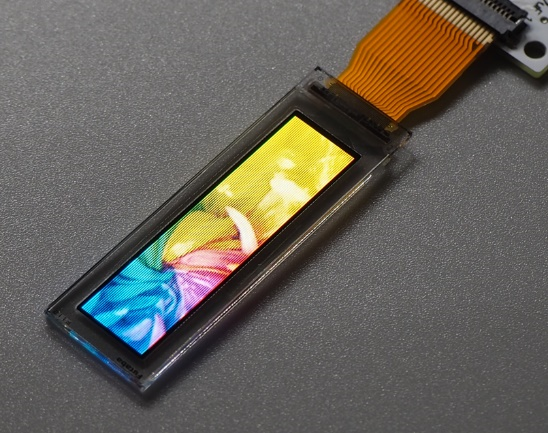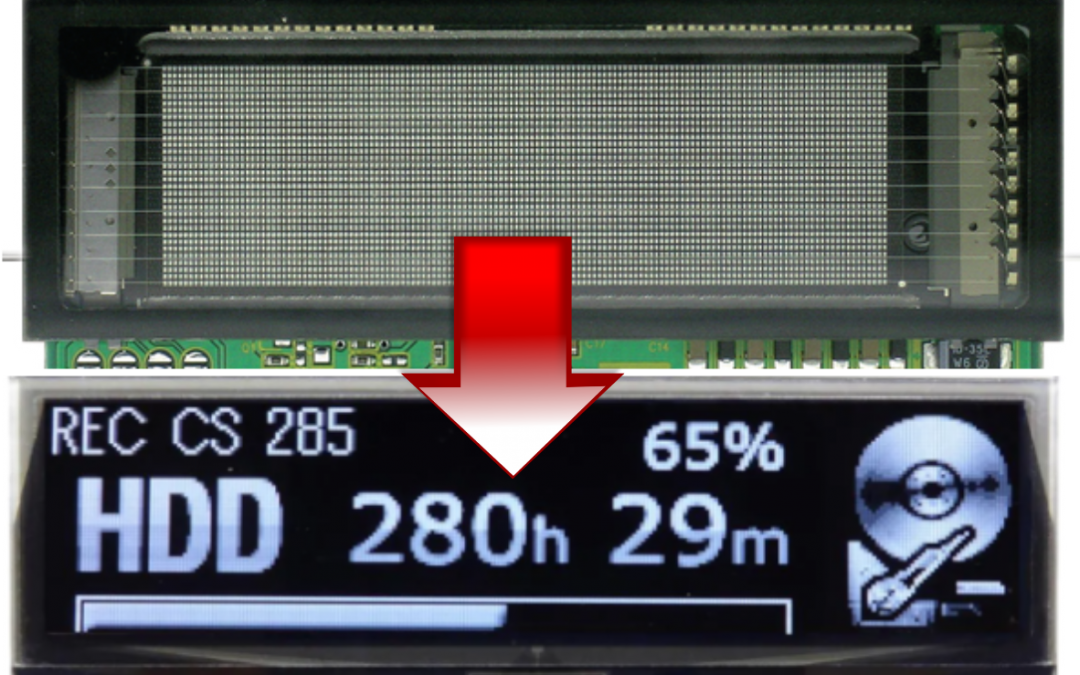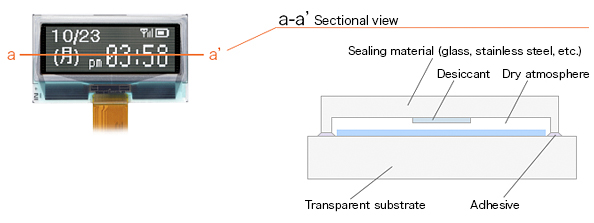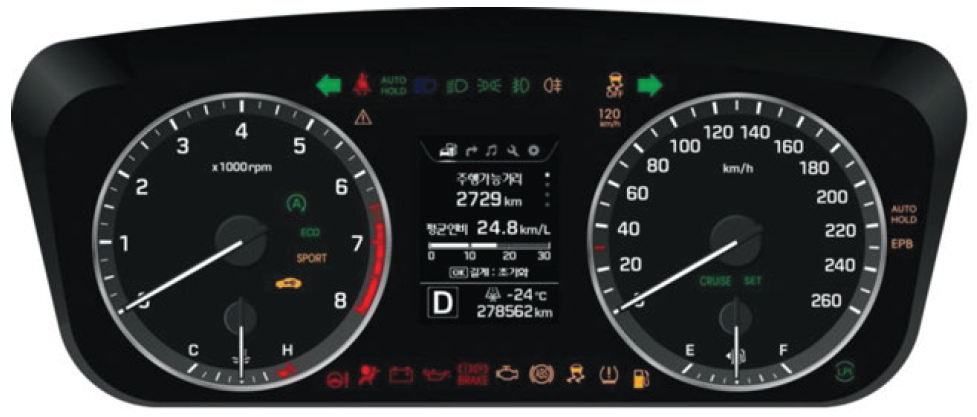


VFD-to-OLED Module Conversion Considerations
Now that Futaba has officially announced the EOL manufacturing of VFD displays, you may be considering an OLED display for its replacement. Here are a few things to consider. Power requirements VFDs typically require an operating voltage of up to 60Vdc, whereas the...
What is an OLED?
What is an OLED? How do OLEDs work? An OLED is made by stacking thin film layers of organic materials between two electrodes on a transparent substrate. How does an OLED work? OLED devices operate when the energy, which is generated by carrying electrons and holes...
What is a Touch Panel?
A touch panel is a sensor device manufactured by forming transparent electrodes on a glass or film substrate. Types of Touch Panels There are various types of touch panels such as capacitance type and resistive film type, but Futaba Corporation develops and...I need an OLED display (how to choose one)
Note this article is namely written from the perceptive of a PM (passive matrix) OLED display. Passive matrix OLEDs have been around since the 1980’s and now are considered a mainstream display technology with longer lifetimes, high brightness and lower unit and...
